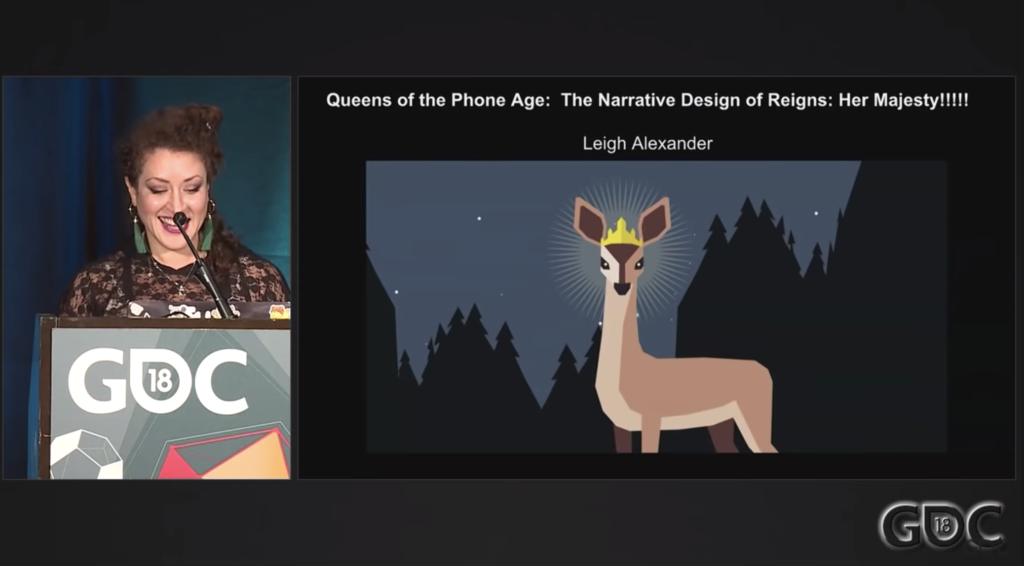Taggame design
A person who doesn’t usually play games played Breath of the Wild. Here are the learnings from their playthrough:
- Controls
- Had trouble getting used to them, especially in high-pressure situations
- Button prompts showing where the buttons are in relation to each other was helpful
- Camera
- Was hard to control
- The lock-on button that centres the camera to Link was helpful
- Instinct was for inverted axes, possibly because of interactions on touch screens
- Open spaces
- Were helpful in providing breathing spaces
- Being able to run away was helpful, gave a break between action
- Beautiful landscapes were calming
- Objectives
- Didn’t pay attention to the HUD
- Was focussed on the objectives and didn’t feel the need to explore
- Uncluttered map was helpful, as it only had the main objectives
- Solution space
- Problems having multiple solutions and no one right answer was helpful
- Leads to discovery and excitement
- The number of options aided player expression
- Experienced players can experiment with multiple strategies, and less experiences players are able to find at least one way
Challenging yet approachable design helps build confidence in the player
🔖 What Breath Of The Wild Is Like For Someone Who Doesn’t Play Games
Uncapped look-ahead
Chess is a look-ahead contest and that makes it annoying to play:
…what will happen if I make move X? Once move X is made, what will happen if the opponent makes moves A, B or C? If he should make move A, then I can make moves D, E or F… and so on. It’s literally scanning through every possible (or reasonably valid-seeming) move that you can.
Since the amount you can look-ahead is uncapped the entire state is available to calculate, this could undermine strategic thinking and create pressure.
Hidden information
Deterministic games should give just enough information so that the problem ahead isn’t solvable and the future potentially holds interesting alternatives.
Too small an information horizon makes the game random, and too large makes it a look-ahead contest. A balance is required to allow for rich, interesting, and creative gameplay.
Randomness
Provides variety, diversity and quantity. It is needed for generating large worlds, levels for roguelikes, and balancing multiplayer games (when randomness favors newer players). It is also useful when players make plans and strategies based on information that is randomly generated.
Humans are bad at understanding odds because of cognitive biases. So game developers lie about numbers to match the broken understanding of probability in our heads. We are better at understanding analog things like dice (independent probability) and cards (dependent probability) and the randomness they bring.
Input randomness
Occurs before the player gets to make a decision — levels in a roguelike, drawing a card of hands. Unpredictable starting conditions might dictate the outcome, so, games should find clever ways to present good ones.
Output randomness
You make a decision and then luck takes over and tells you what happened — bullets hitting target based on probability, random encounters, or loot boxes. These can take away control from the player.
Information Horizon & Flow
Complete information transparency gives players too much information and may lead to analysis paralysis. Disrupting players’ plans with new information is exciting though.
Spikes in new information disrupts your plan and forces you to regroup and rethink. Spikes of high value information should happen at regular intervals with a slow regular flow of information between spikes.
Continue reading “”How Spelunky Creates Amazing Unexpected Situations
Yu and Hull were happy. “It’s a cool property of the game!” says Yu.
“It doesn’t really bother us because it becomes part of the lore, like this supposedly unkillable thing is killable. That someone worked out how to kill it was pretty nifty.”
From the Rock Paper Shotgun article
David Braben's postmortem of Elite
David Braben walks us through the making of Elite and how they fit entire galaxies in just six bytes (via Elite – 30th Anniversary).
Full Indie
Recently came across a YouTube channel called Full Indie. It has interesting talks about game design, development and experience.
Bartle Test
The Bartle Test of Gamer Psychology is a series of questions and an accompanying scoring formula that classifies players of multiplayer online games (including MUDs and MMORPGs) into categories based on their gaming preferences.
